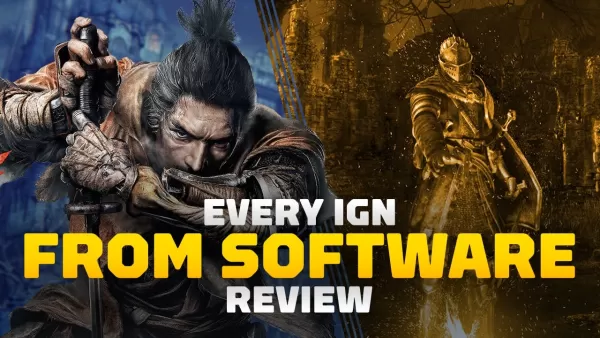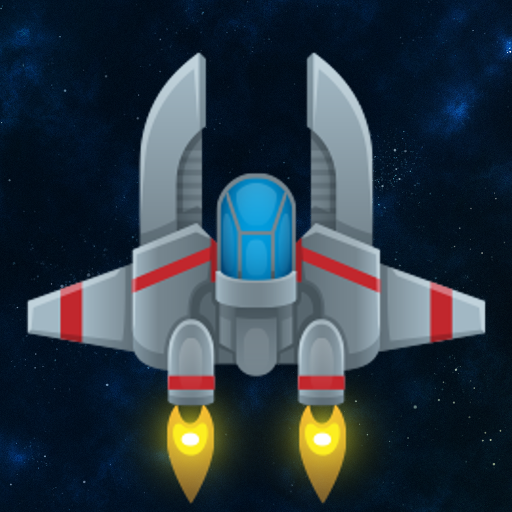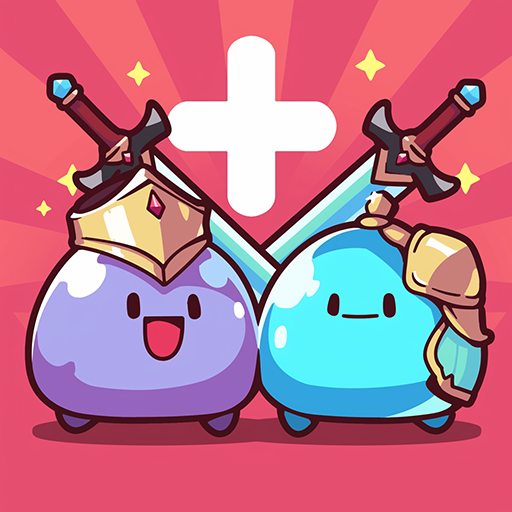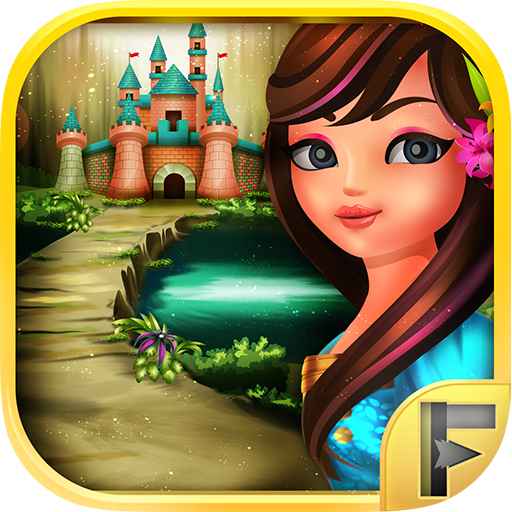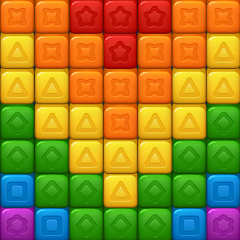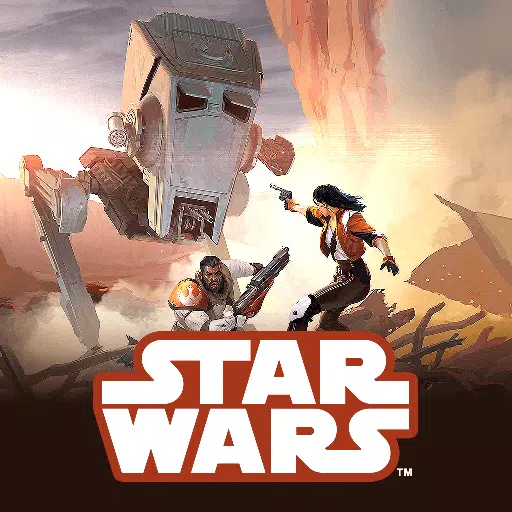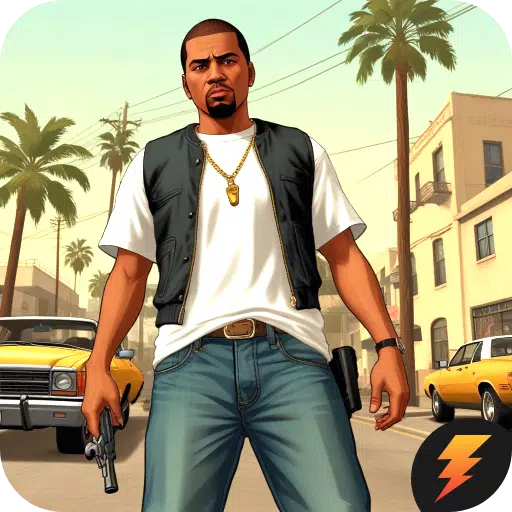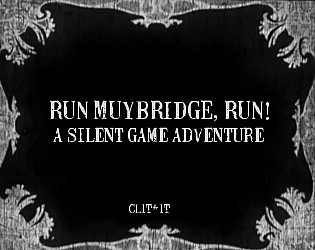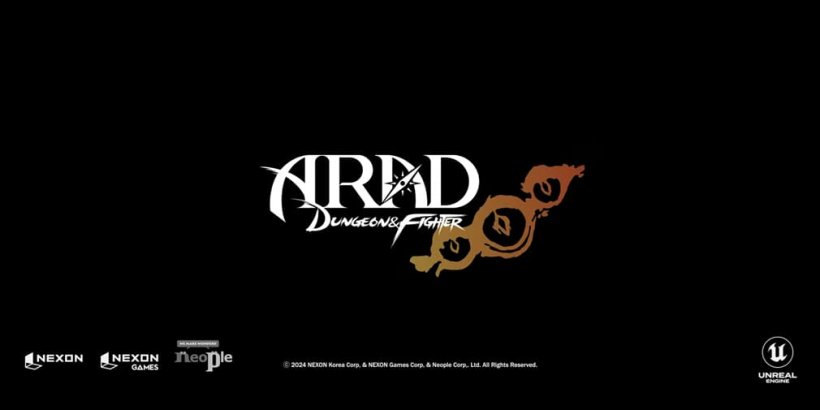CD Projekt Red excels in narrative-driven game design.
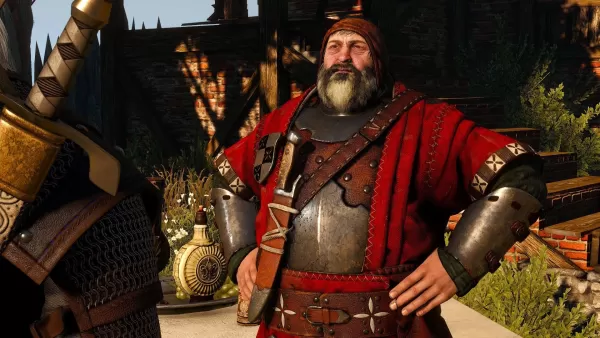
CD Projekt Red has earned global recognition for crafting exceptional gaming experiences. The Witcher 3, currently celebrating its 10th anniversary, remains widely regarded as one of the greatest RPGs ever created. Meanwhile, Cyberpunk 2077 has evolved through significant updates into one of the most immersive open-world roleplaying experiences available. These flagship titles, along with the studio's other innovative releases, have cemented CDPR's status as a premier game developer. But what truly distinguishes their games from competitors?
The Art of Cohesive Game Design
CDPR's signature approach lies in how meticulously interconnected elements form a cohesive, authentic experience. Their RPGs shine through dynamic stories, worlds, and characters that evolve based on player decisions. While many developers employ similar frameworks, few achieve CDPR's level of execution.
"When playing other AAA RPGs, I often sense design limitations," explains Patrick Mills, CDPR's Franchise Content Strategy Lead. "The gap between ambition and execution isn't about developers lacking skill - it's frequently about tools that can't realize their vision."
The studio has invested thousands of hours refining its proprietary REDengine technology across four iterations. This customized toolkit empowers designers to create deeply responsive worlds where player actions carry meaningful consequences. Later REDengine versions particularly enhanced quest design possibilities - from The Witcher's fundamental exploration, dialogue, and combat systems to Cyberpunk 2077's expanded stealth and hacking mechanics. The Phantom Liberty expansion further diversified experiences with genre-inspired quests like its survival-horror finale.
Crafting Impactful Player Choices
"For large-scale RPGs, gameplay variety becomes essential," says Miles Tost, Level Design Lead. "Even with outstanding narratives, players disengage without fresh, compelling gameplay systems."
CDPR's storytelling follows a proven formula - every quest incorporates surprising twists. Simple bandit encounters transform into complex moral dilemmas through "destruction testing," where playtesters explore every conceivable approach. Designers then refine missions to accommodate unexpected player behavior.
The studio has redefined branching narrative choices beyond traditional "BioWare-style" morality systems. Their signature approach features:
- Nuanced dilemmas without clear good/evil binaries
- Delayed consequences that prevent quick reloads
- Far-reaching impacts including major character deaths and political shifts
"We meticulously present all perspectives beforehand," explains Associate Game Director Paweł Sasko. "Players understand character motivations and choice implications when making decisions."
This approach creates authentic player relationships with outcomes. As Quest Designer Paweł Gąska notes, "Good choices may yield bad results, while questionable decisions can have valid justifications." Phantom Liberty's Songbird/Reed dilemma exemplifies this philosophy, offering morally complex alternatives rather than simplistic binary options.
Learning From Past Challenges
Cyberpunk 2077's development revealed unexpected hurdles in implementing choice systems. While the base game contained numerous consequential decisions, many players missed subtle cues in Night City's dense environments and didn't clearly experience their impacts. This contrasted with The Witcher 3's more visible cause-and-effect structure, where players revisited locations to witness consequences.
"We approached Cyberpunk believing we understood choice mechanics," Mills reflects. "Post-launch analysis showed our implementation wasn't resonating as intended."
These lessons informed Phantom Liberty's more overt consequences and the expansion's stronger narrative branching. The team also recognized that technical execution alone doesn't guarantee compelling choices - exceptional writing and character development remain foundational.
"We can design strong dilemmas, but writers must deliver emotionally resonant dialogue," Gąska explains. "Like life-or-death choices, theoretical concepts only become powerful when players form authentic connections with characters."
Future Directions
As CDPR transitions to Unreal Engine 5 for The Witcher 4, the team aims to push player agency further while avoiding previous technical hurdles. Game Director Sebastian Kalemba emphasizes evolving choice systems both narratively and mechanically:
"We're placing player agency at the core - offering more tools to truly define your experience. It's about advancing The Witcher's legacy while expanding gameplay possibilities."
Phantom Liberty demonstrated CDPR's ability to learn and innovate. The Witcher 4 will ultimately test how effectively the studio integrates these hard-won insights while tackling the challenges of a new engine. If successful, Ciri's next chapter could further solidify CDPR as the standard-bearer for meaningful player choice in RPGs.
-
For those new to Monster Hunter, Wilds' explosive popularity may appear sudden, but Capcom has spent years refining this global phenomenon. The latest installment is poised to become the franchise's best-selling title yet.Boasting over a million concAuthor : Oliver Feb 20,2026
-
Elden Ring Nightreign reached a remarkable sales milestone, moving 2 million copies on its very first day.Publisher Bandai Namco confirmed the news, stating, "Pre-orders and initial sales have propelled the game past the incredible 2 million unit marAuthor : Joseph Feb 17,2026
- Stardew Valley: How To Befriend Willy
- DISCOVERY CHANNEL TO UNVEIL CROSSOVER IN 'Reverse: 1999' 2.0
- Crunchyroll Game Vault adds Battle Chasers: Nightwar, Dawn of the Monsters, Evan’s Remains and more
- Hotta Studio's Open-World RPG, Neverness to Everness, Announced
- Military Strategy Game Warpath Launches a Navy Update with 100 New Ships
- Half-Life 3 Speculations Spark Again as Risk of Rain Original Devs Join Valve's Game Dev Team

